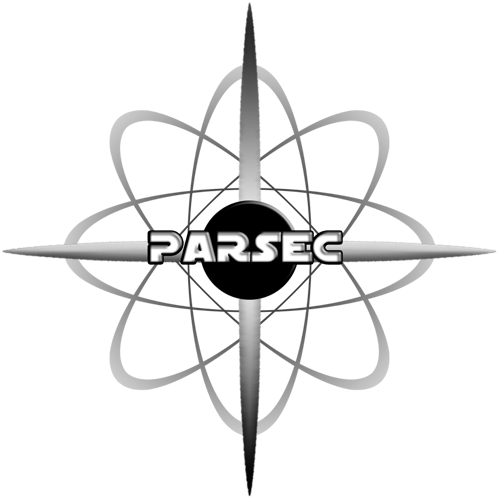by Joe Coluccio
 Anthony Boucher was a switch hitter.
Anthony Boucher was a switch hitter.
One day he’d bat for the sf genre and the next for the mystery genre. There are others who have played in both gardens, Isaac Asimov one of them, but none so complete and successful as William Anthony Parker White, which, after all, was his real moniker. In the mystery world there is the legacy of annual Bouchercon, named after him, and in the SF world, there is the legacy of Fantasy and Science Fiction Magazine.
Boucher’s writings were full of wit and whimsy. I always take my humor laying down with a hand holding my belly jiggle steady, sometimes it’s even my own. Take “Rocket to the Morgue” (yes, I know, Please!), a mixed genre piece where you find the thinly disguised likes of Robert A Heinlein, John W Campbell Jr, L Ron Hubbard, Henry Kuttner, Julius Schwartz, Edmond Hamilton and Jack Williamson, and a murder, in a locked room. The novel was written under the nom de plume, H. H. Holmes, a name that will live in infamy as one of America’s first serial killers. Chicago circa 1893. In turn, Holmes was the alias of Herman Webster Mudgett. Ain’t fiction and real crime complicated? which White, ehhr, Boucher, uhh, Holmes used as a pen name for some of his verse. For a closer view of Holmes the killer, read Erik Larson’s “The Devil in the White City” or Allan W. Eckert’s “The Scarlet Mansion.”
Boucher is also responsible for, “Join the Science Fiction Book Club for just a dollar and receive,”A Treasury of Great Science Fiction, Volume One and Volume Two.””
Here is a complete list of the stories contained therein:
Volume One
 Re-Birth by John Wyndham (novel).
Re-Birth by John Wyndham (novel).
The Shape of Things That Came by Richard Deming.
Pillar of Fire by Ray Bradbury.
Waldo by Robert A. Heinlein.
The Father-Thing by Philip K. Dick.
The Children’s Hour by Henry Kuttner and C. L. Moore.
Gomez by C. M. Kornbluth.
The [Widget], The [Wadget], and Boff by Theodore Sturgeon.
Sandra by George P. Elliott.
Beyond Space and Time by Joel Townsley Rogers.
The Martian Crown Jewels by Poul Anderson.
The Weapon Shops of Isher by A. E. van Vogt (novel)
Volume Two
 Brain Wave: Poul Anderson (novel)
Brain Wave: Poul Anderson (novel)
Bullard Reflects: Malcolm Jameson
The Lost Years: Oscar Lewis
Dead Center: Judith Merril
Lost Art: George O. Smith
The Other Side of the Sky: Arthur C. Clarke
The Man Who Sold the Moon: Robert A. Heinlein
Magic City: Nelson S. Bond
The Morning of the Day They Did It: E. B. White
Letters from Laura: Mildred Clingerman
The Stars My Destination: Alfred Bester (novel)
I believe this anthology, 1959, may have been my first entry into serious SF. It was a great beginning. Helped make The Stars My Destination!
But wait, there’s more. Boucher reviewed mysteries for both the San Francisco Chronicle and the New York Times and was also involved in radio drama. He provided hundreds of scripts for “The Adventures of Ellery Queen,” and plots for many of the Sherlock Holmes radio programs. In 1949, he created his own show “The Casebook of Gregory Hood.” All are available for download or audio streaming at the Internet Archive.
In 1948, he, and J. Francis McComas created “The Magazine of Fantasy and Science Fiction.” He stayed on as editor until 1958. By all accounts, he was an exacting editor. William F Nolan says, “Tony was a “tough sell” due to the strict, exacting standards of quality he imposed; for me, getting a story into F&SF was akin to cracking The New Yorker.”
Much of Anthony Boucher’s work is extant. Even a collection of his mystery reviews for the San Francisco Chronicle from 1942 -1947. A search on the internet will clue you. If you’re like me, you could, and probably, have done worse. He’s a little bit SF; he’s a little bit Mystery. Who says you can’t step into different rivers at the same time? Some pre-Socratic Greek philosopher, or a Sanskrit guru on the hill, I’ll bet.









